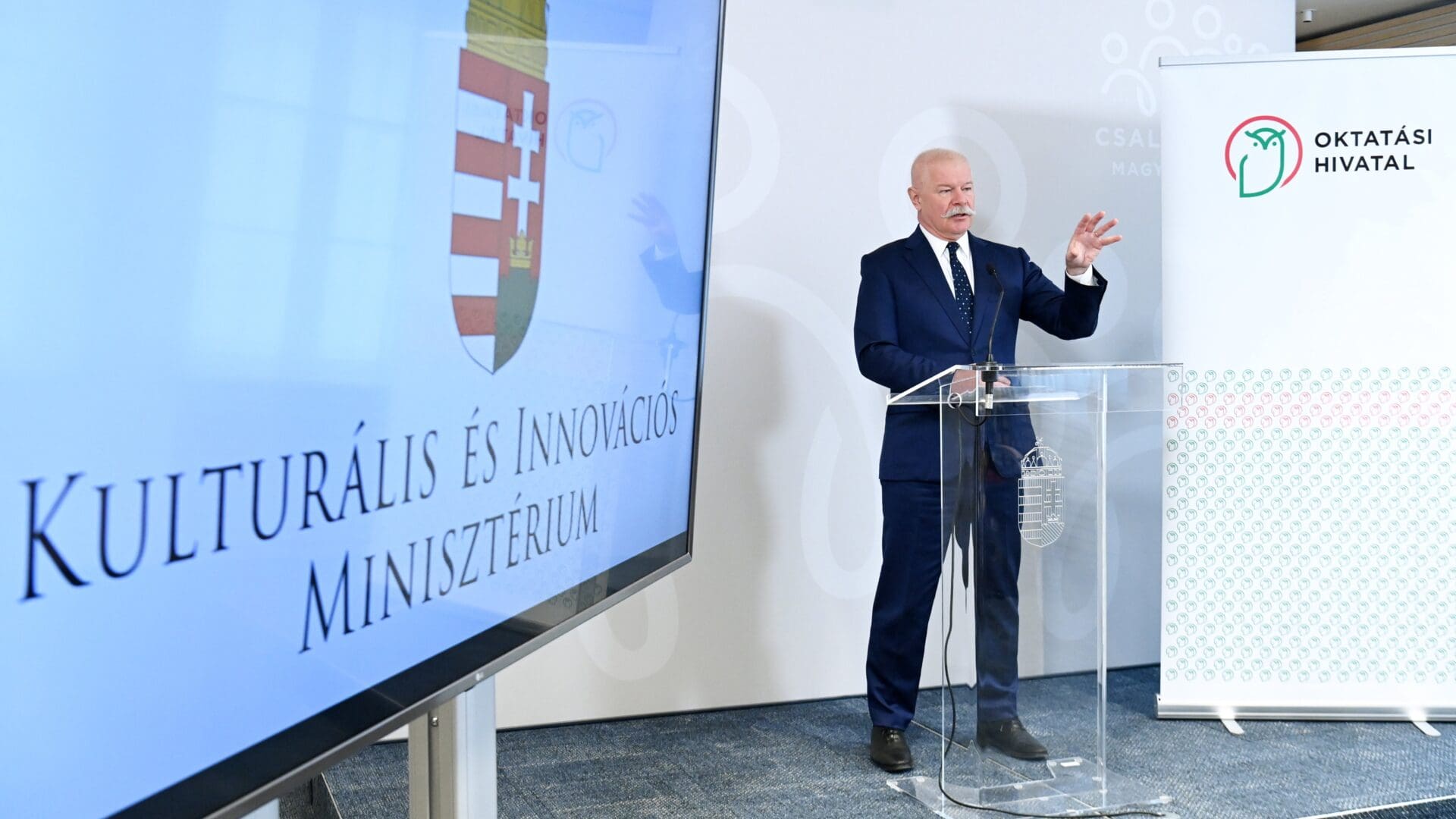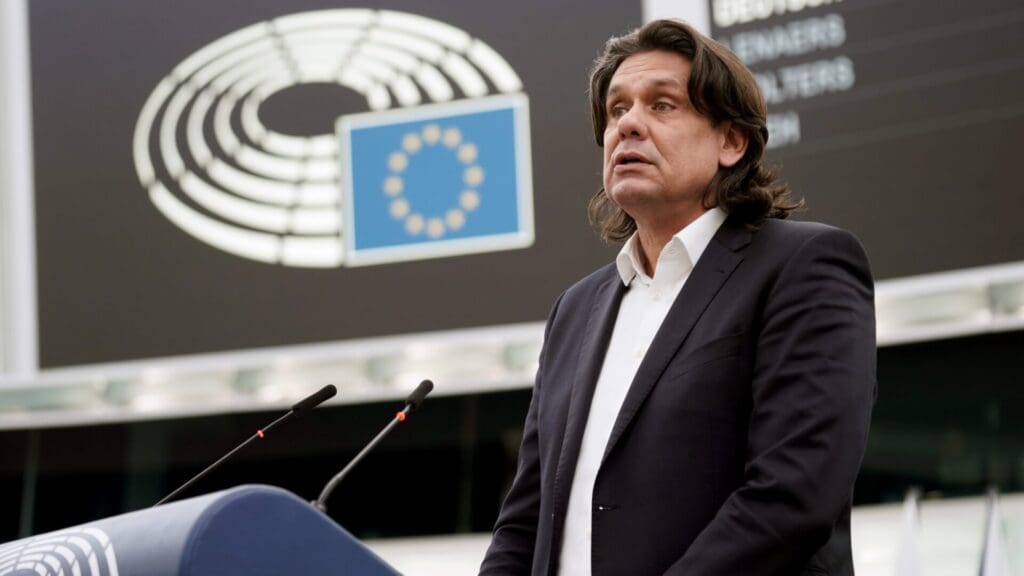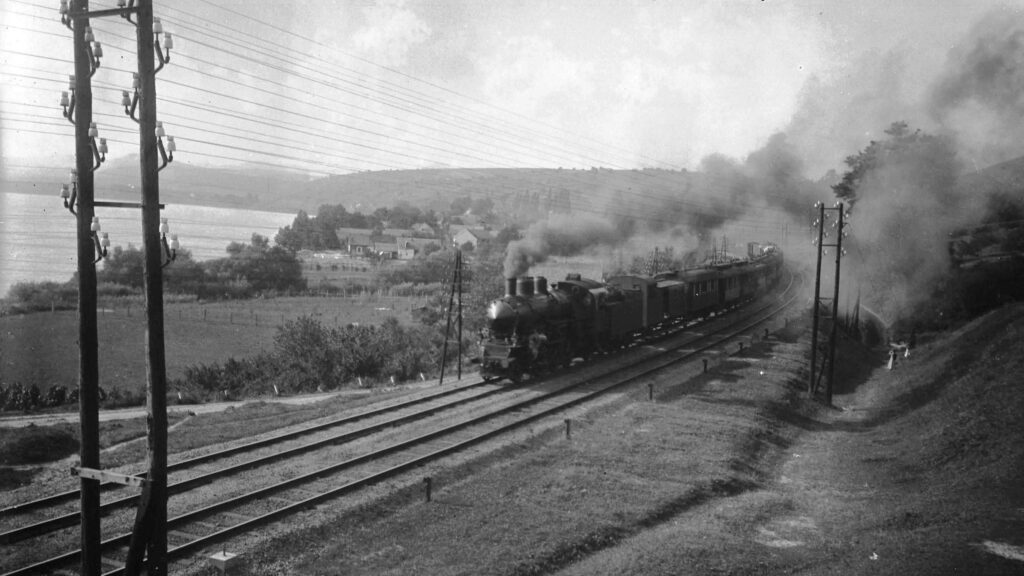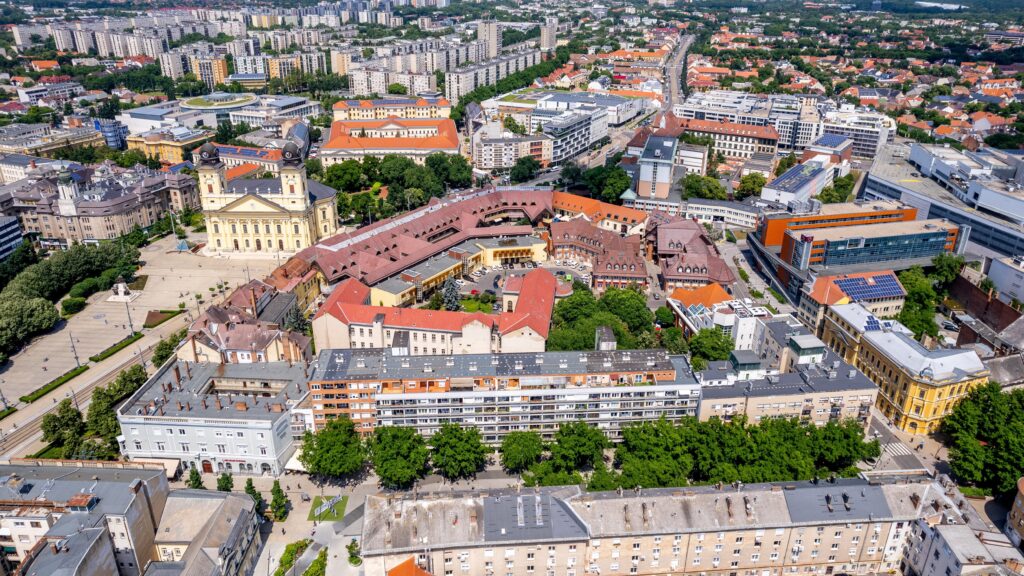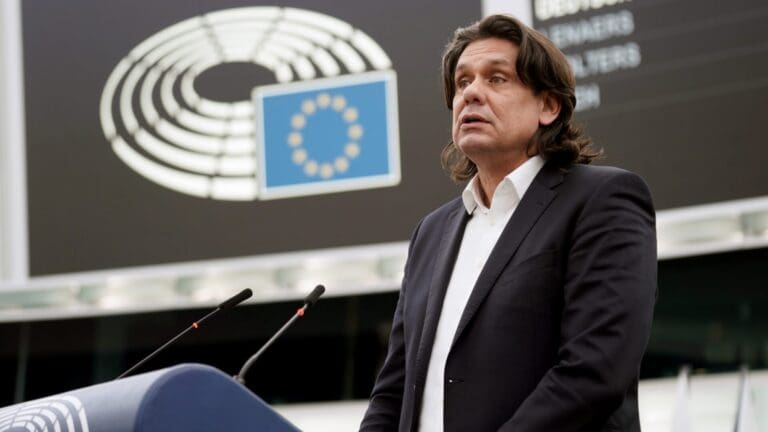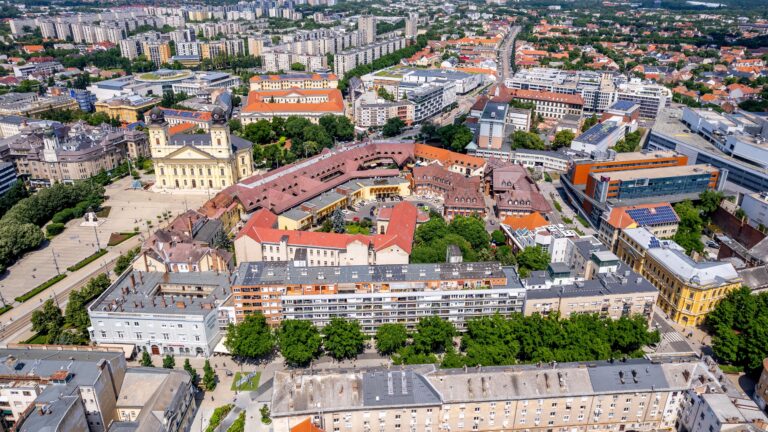More than 126,000 people have applied for admission to higher education institutions in Hungary this year, according to the Minister of Culture and Innovation, who presented the results of the application process at a press conference in Budapest on Monday.
János Csák stated that last year there were only 99,000 applicants, and the increase indicates that the higher education system has become more attractive. The government’s goal is to have a nation of ‘economically strong, culturally confident, and self-assured families’ living in the Carpathian Basin, the minister declared, emphasising that every policy measure serves this purpose.
In the past five years, Csák recalled, many changes have been made to the higher education system to grant more degrees to families and young people while also meeting Hungary’s economic and cultural needs. The GDP is steadily and strongly increasing, and for this to continue, educational structures must be established that serve the economy, he added.
Therefore, last year, after much consultation,
the ministry initiated changes to the admissions system, giving universities more freedom
in deciding whom to admit. Csák also highlighted that applicants from many more disadvantaged districts have applied to higher education this year than in previous years. He also underscored as a positive change the fact that more people have applied for teaching, educational, and preschool teaching programmes than in previous years.
Balázs Hankó, State Secretary for Innovation and Higher Education at the Ministry of Culture and Innovation, provided some more details. He highlighted that 126,449 people have applied for admission to the renewed Hungarian higher education system within the framework of the fully electronic admission process. The renewed admission system increased the number of applicants by 27 per cent. Furthermore, one hundred thousand prospective students have applied who do not have a degree. The latter number is 26,000 higher than last year, with a 34 per cent increase in the number of applicants who do not yet have a degree. The State Secretary noted that one in five applicants wishes to study in a technical, scientific, mathematical, or computer-related field.
There has also been a significant increase of 32 per cent in the number of older applicants.
The oldest applicant is 75 years old and wishes to pursue German studies.
Hankó also mentioned that the popularity of higher education institutions outside Budapest has increased: applications to the University of Nyíregyháza have increased by 60 per cent, and applications to the University of Miskolc have grown by 40 per cent. However, there is also an above-average number of students wishing to attend the institutions in Dunaújváros, Sopron, and Veszprém. The State Secretary emphasised that eleven Hungarian universities are ‘elite’ ones, meaning that they are among the top 5 per cent of the world’s universities.
Csák: Transformation of Higher Education the Most Successful Project of the Past 33 Years
After the press conference, János Csák spoke at a background briefing on the topic, responding to questions raised in recent months. He spoke about how dropout rates have decreased in higher education for both domestic and foreign students. He suggested this is due to the fact that institutions are paying much more attention to ‘student welfare’.
The minister also highlighted that universities have performed outstandingly compared to 2018, as the number of publications by faculty members have increased significantly. Responding to criticism, Csák said it was not true that the appointment of university teachers was being ‘inflated.’ In response to questions, he said that Hungary spends more on higher education than the European Union average in terms of GDP based on data from last year and the year before. He expressed his conviction that strategic changes would bring results and visible improvements in higher education within two years. The minister opined that the transformation of higher education was one of the most successful projects in the last 33 years. He also announced that from 2024,
financing for the Erasmus programme would be provided from the government’s own resources.
János Csák reminded that in 2013, the number of foreign students was between 13,000 and 14,000, but now it has increased to more than 42,000. At the background briefing, Hankó stated that the number of applicants for undergraduate studies has increased significantly: while 65 per cent applied for undergraduate studies last year, this year the ratio was 70 per cent. Furthermore, 74 per cent more students applied from vocational education to higher education than last year.
Of the applicants, 60 per cent are female, and 40 per cent are male. The number of applicants for first degree programs has increased to 100,000, up from 74,000 last year, a 34 per cent increase, according to the state secretary.
He also spoke about the fact that most people chose foundations-run institutions (62 per cent), while the proportion of those being admitted to church-run higher education institutions has increased, standing at 11 per cent now, compared to 9 per cent last year. The proportion of those opting for state institutions (currently 23 per cent) has decreased. Most people, 17,829 applied to Eötvös Loránd University (ELTE), which is a 16 per cent increase. Second-placed is Debrecen University with 11,351 applicants, followed by the Szeged University of Science with 9,015.
The state secretary said that the popularity of universities in the countryside has increased: 57 per cent of applicants chose these institutions, compared to 43 per cent who wanted to attend university in Budapest. Last year, the ratio was 60-40 per cent. Hankó announced that this year about 6,000 people applied for teaching courses, compared to 4,400 last year.
The press release of the ministry also revealed that altogether 88,074 people applied for undergraduate studies this year, compared to 63,622 last year. 21,396 people want to enrol in a master’s program, compared to 18,193 in 2022. The number of applicants for undivided courses has increased from 11,090 last year to 12,232. 4,747 people applied for higher-level vocational training this year compared to 6,285 last year. The most popular field of study this year was economics, with 21 per cent of all applicants choosing the programme.

